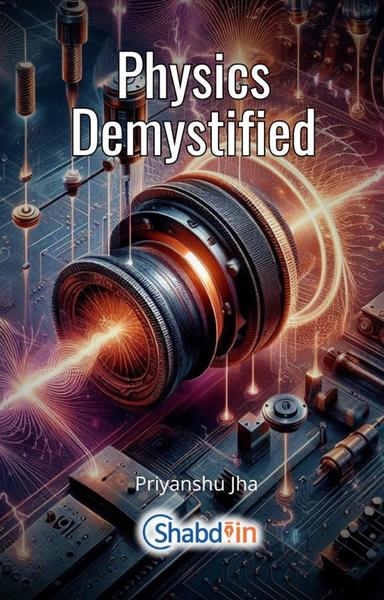Coordination chemistry, a captivating branch of inorganic chemistry, delves into the interactions between metal ions and surrounding ligands. These ligands, often organic molecules or ions, coordinate to the metal center, forming complex structures with unique properties. In this article, we explore the challenges and intricacies associated with coordination chemistry, shedding light on the diverse applications and implications of metal-ligand bonding.
Diversity of Coordination Geometries:
One of the defining features of coordination compounds is the variety of geometries that metal-ligand complexes can adopt. From octahedral and tetrahedral to square planar and trigonal bipyramidal, understanding the factors that dictate coordination geometry is essential. Challenges arise in predicting and controlling the geometry, particularly as ligands vary in size, shape, and charge.
Isomerism in Coordination Compounds:
Coordination compounds exhibit various forms of isomerism, including geometric isomerism, structural isomerism, and optical isomerism. Distinguishing and characterizing these isomers pose challenges in experimental techniques such as spectroscopy and X-ray crystallography. The study of isomerism is crucial for understanding the stability and reactivity of coordination complexes.
Electronic Configurations and Magnetic Properties:
The electronic configurations of metal ions in coordination complexes dictate their magnetic properties. Understanding how unpaired electrons in metal d orbitals contribute to paramagnetism or diamagnetism is essential. Challenges lie in accurately predicting magnetic behavior and correlating it with the overall structure of the coordination complex.
Ligand Field Theory and Crystal Field Theory:
Ligand field theory and crystal field theory are crucial tools for understanding the electronic structure of coordination compounds. These theories explain the splitting of d orbitals in the presence of ligands, influencing the color, magnetic properties, and reactivity of metal-ligand complexes. Challenges include applying these theories to predict the behavior of less common coordination geometries and highly symmetrical ligands.
Redox Chemistry and Electron Transfer:
Coordination compounds often undergo redox reactions, where the metal center changes its oxidation state. Controlling redox chemistry in coordination complexes is challenging due to the sensitivity of metal-ligand interactions to changes in oxidation state. This property is exploited in catalysis and electronic devices, adding to the importance of understanding and manipulating redox processes.
Catalysis and Applications in Industry:
Coordination compounds serve as catalysts in a myriad of industrial processes, influencing reactions in the production of chemicals, pharmaceuticals, and materials. The challenge lies in optimizing catalytic activity, selectivity, and stability, while also exploring more sustainable and environmentally friendly catalytic systems.
Bioinorganic Chemistry and Metalloproteins:
The interface between coordination chemistry and biology is exemplified in bioinorganic chemistry, where metal ions play crucial roles in biological processes. Metalloproteins, containing metal centers surrounded by coordinating ligands, pose challenges in understanding the coordination environments and functions of these metal ions in living organisms.
Supramolecular Coordination Chemistry:
Supramolecular chemistry extends coordination principles to the assembly of larger, non-covalent structures. Understanding and designing supramolecular coordination complexes, which may have applications in materials science and drug delivery, present challenges in controlling the self-assembly of molecules through non-covalent interactions.
Environmental Impact and Sustainable Practices:
Certain metal-ligand complexes can have environmental impacts, particularly in the context of heavy metal pollution. Research in coordination chemistry explores methods to remediate environmental contamination and develop sustainable practices, such as designing ligands that enhance metal recovery and recycling.
Conclusion:
Coordination chemistry, with its rich history and diverse applications, continues to unravel the mysteries of metal-ligand interactions. As researchers navigate the complexities of coordination geometries, isomerism, and electronic structures, they contribute not only to the fundamental understanding of inorganic chemistry but also to innovations in catalysis, materials science, and environmental remediation. The journey through coordination chemistry promises ongoing exploration and breakthroughs in the fascinating world of metal-ligand bonding.














